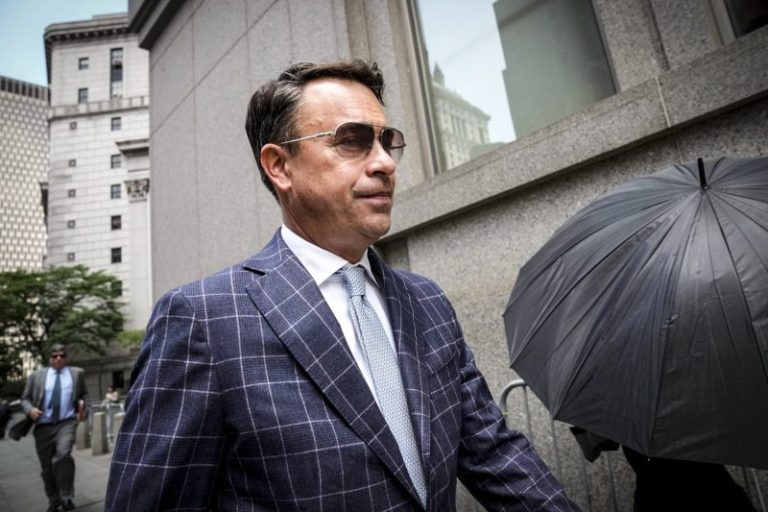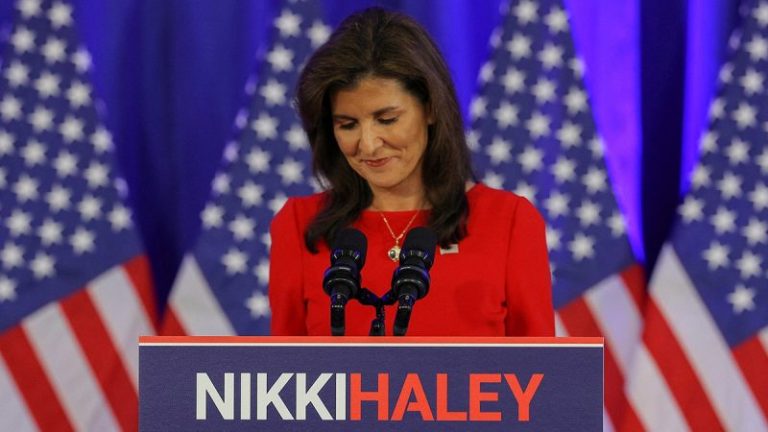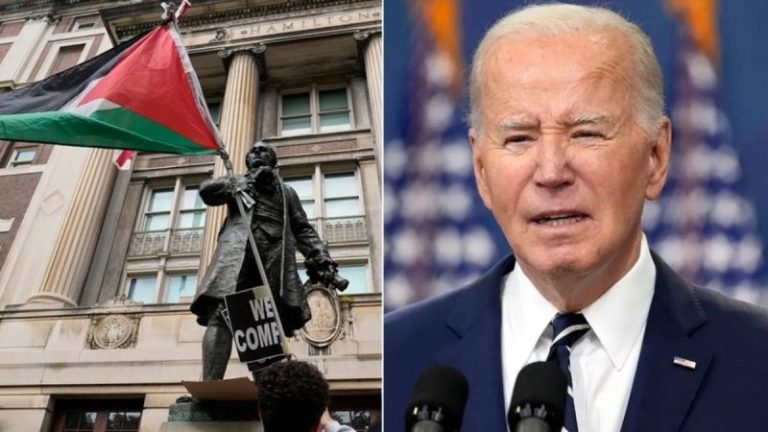The 2020 presidential election was one of the closest and most controversial in American history, and preliminary polling suggests that the 2024 rematch between former President Donald Trump and President Joe Biden will likely be just as hotly contested. However, there are two major differences between 2020 and 2024 that could prove to be the deciding factors in the race.
The first is that 2024 features a relatively popular third-party candidate, Robert F. Kennedy Jr. Recent national polls show RFK Jr. could capture as much as 16% of the popular vote. If RFK Jr. were to win 16% of the vote, it would make him, by far, the most successful third-party candidate since Ross Perot in 1992.
The second important change in the 2024 race is one that has not received nearly as much attention. Following the 2020 Census, the House of Representatives reapportioned congressional seats among the states, a constitutional requirement. Whenever the House of Representatives is reapportioned, the Electoral College is also adjusted.
Although the changes to the 2024 Electoral College map appear minimal at first glance, they could prove to be pivotal for Trump, who benefited significantly from the adjustments.
Thirteen states experienced changes to their Electoral College vote count in the recent reapportionment. Seven lost one vote: California, Illinois, Michigan, New York, Ohio, Pennsylvania, and West Virginia. Five gained one vote: Colorado, Florida, Montana, North Carolina, and Oregon. One state, Texas, gained two votes.
All told, Republican-leaning states gained two votes in the Electoral College and Democrat-leaning states lost two. But the real impact of the changes is much larger than a four-vote swing. The alterations make it possible for Trump to win the 2024 election with fewer states than what was required in 2020.
For example, in 2020, had Trump beat Biden in Arizona, Wisconsin and Georgia — all states he lost — Trump still would have been one vote shy of the 270 Electoral College vote requirement needed to win the race outright. Under the 2024 adjustments, however, Trump would have 272 votes.
Similarly, all other states remaining the same, had Trump won Georgia and Pennsylvania in 2020, Biden would still have had enough votes to win the presidency. Under the 2024 vote count, Trump would win with exactly 270 votes under such a scenario.
These aren’t the only situations in which the 2024 changes to the Electoral College apportionment would have had an impact, either. There are a number of scenarios in which the new Electoral College vote count could have an effect, and all the hypothetical situations I could find showed that Trump, not Biden, would benefit.
If Trump does win in 2024 and the changes to the Electoral College end up contributing to his success, Democrats will use the situation as an excuse to expand their efforts to replace the Electoral College model with a national popular vote system.
Sixteen states, all of which typically vote for Democratic presidential candidates, have enacted a law that would automatically grant their Electoral College votes to the presidential candidate who receives the highest national popular vote count.
The law, which is part of an interstate compact agreement, does not go into effect until the total Electoral College votes controlled by the states in the agreement reaches 270. At present, the 16 states in the agreement control a combined total of 205 Electoral College votes.
Under the national popular vote model, the presidential candidate with the most votes would win, regardless of whether the losing candidate is more popular in the vast majority of states. That means that the national popular vote would overrule the will of the voters in those states.
The national popular vote proposal might be simpler and seem on the surface to be fairer, but it could prove to be disastrous for citizens living in much of the country, including in many ‘blue’ states.
One of the reasons the Founding Fathers chose the Electoral College model is that they were concerned that a national popular vote would give too much power to the citizens of the largest states.
Under a national vote system, they reasoned that eventually politicians would neglect the needs of Americans in smaller states and rural regions in favor of urban areas where the most voters live. Since the population density of the United States has skyrocketed since the founding era, the Founders’ concerns are more relevant today than ever before.
As an illustration, consider that in 2020, 158 million ballots were cast for president. Had a popular vote system been in place in 2020, Trump or Biden could have guaranteed a victory with about 79 million votes. The total ballot count for 10 of the highest populated states — California, Florida, Georgia, Illinois, New York, North Carolina, Ohio, Pennsylvania, Texas and Virginia — topped 82 million in 2020.
That means that under a popular vote system, Trump or Biden could have become president without getting a single vote in 40 of the 50 states.
A national popular vote model would also expand the impact of third-party candidates, because every vote cast for a third-party candidate would have a direct effect on the national vote count. In an election with one or more popular third-party politicians, a candidate could theoretically win the White House with the support of the citizens of just a handful of states and a fraction of the total vote count.
These aren’t the only situations in which the 2024 changes to the Electoral College apportionment would have had an impact, either. There are a number of scenarios in which the new Electoral College vote count could have an effect, and all the hypothetical situations I could find showed that Trump, not Biden, would benefit.
The Electoral College model is far from perfect, but it’s the best of many bad options. The United States is too large geographically and too diverse culturally and ideologically for a national popular vote system.
Those who say that a position as powerful as president shouldn’t be chosen by a minority of citizens are, in my view, correct. But the problem isn’t in the method of choosing, but rather in the powers granted to the executive branch. The modern presidency has far more authority than the Founders ever dreamed of, and our country is worse off for it.
Instead of trying to find better ways to elect an all-powerful federal government, Americans should be working to shift decision-making back to states and local governments, where it belongs. That would not only alleviate concerns about the Electoral College, it would also give people the opportunity to live in communities where the laws more closely align with their ideological, cultural, and religious views.
This post appeared first on FOX NEWS










